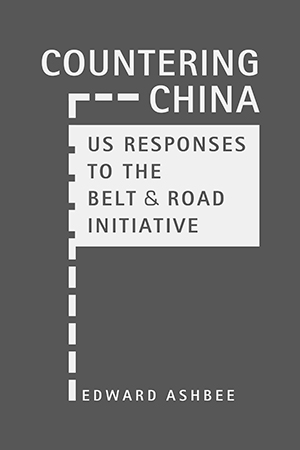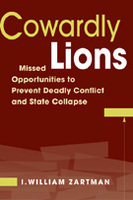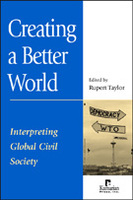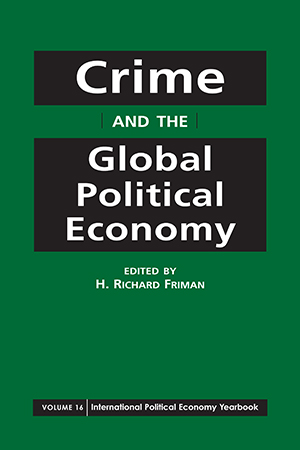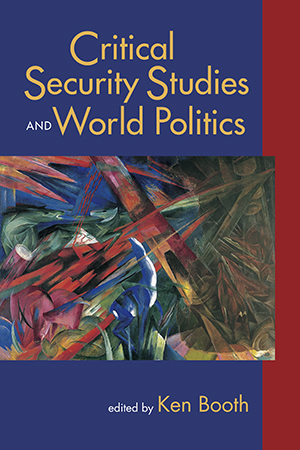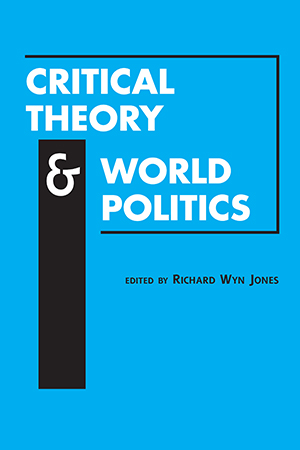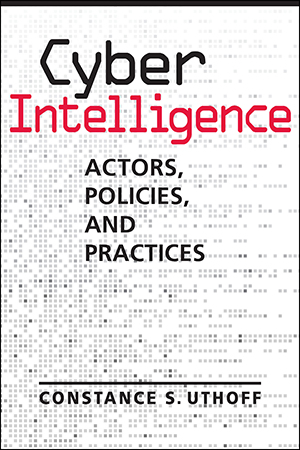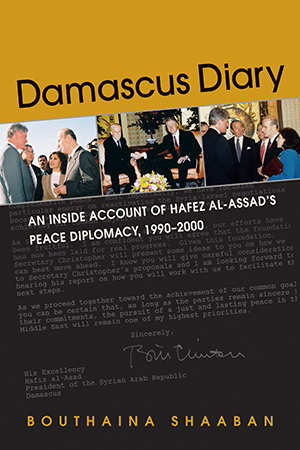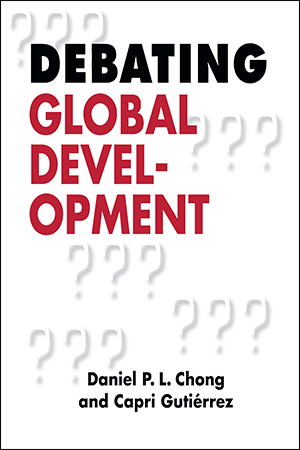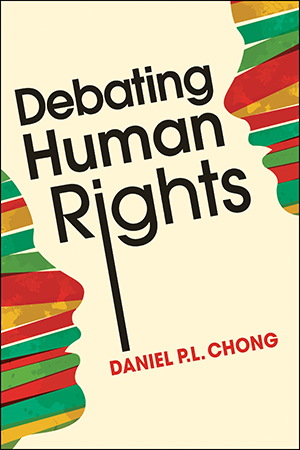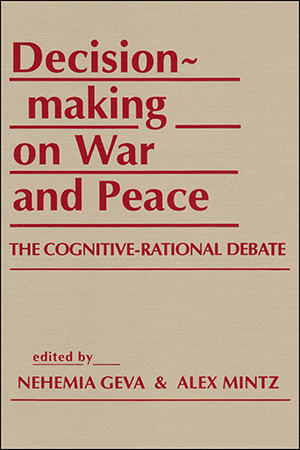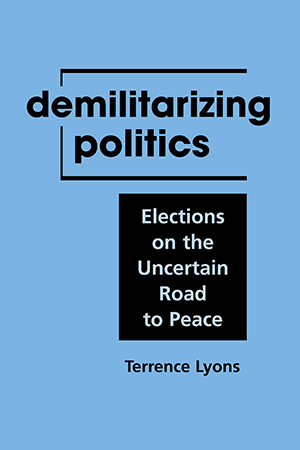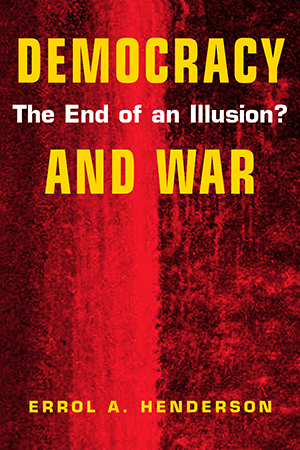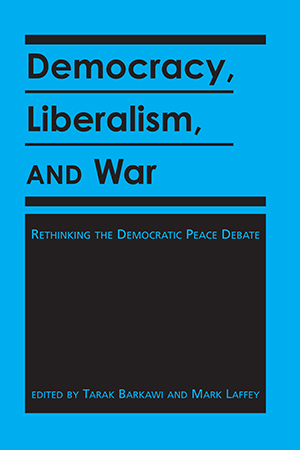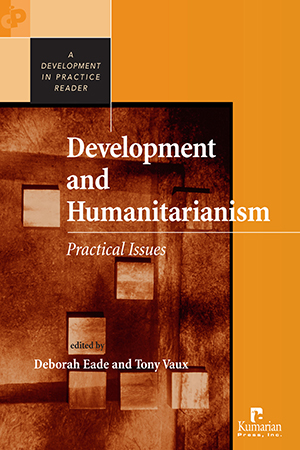International Relations (all books)
By March 2022, a remarkable 144 countries had signed onto the Belt and Road Initiative (BRI)—China's massive investment and infrastructure development program—with More >
What would have happened had the "road not taken" been the chosen action in past conflict interventions? What can we learn from a close look at alternatives that were not selected? More >
The term "global civil society" has become a catchphrase of our times. But efforts to define and interpret what global civil society actually is have led to ambiguity and dispute. More >
Crime has gone global. Conventional explanations point to ways in which criminals have exploited technological innovations, deregulation, and free markets to triumph over state sovereignty. More >
Realist assumptions of security studies increasingly have been challenged by an approach that places the human being, rather than the state, at the center of security concerns. This text is More >
This book represents the first attempt to bring together the leading critical theorists of world politics to discuss both the promise and the pitfalls of their work. The authors range More >
US national security compromised by Wikileaks. Towns held hostage by ransomware. Corporate websites hacked. Cyber espionage and cybercrimes are increasing in both frequency and More >
Bouthaina Shaaban worked closely with Syria's president Hafez al-Assad from 1990 until the time of his death, serving as both official interpreter and adviser. Her new book, part memoir More >
Although global development and the alleviation of poverty are universal goals, experts frequently disagree heatedly about how to achieve them. The debates go on: Is liberalization the best More >
Even as human rights provide the most widely shared moral language of our time, they also spark highly contested debates among scholars and policymakers. When should states protect human More >
Reviewing, comparing, and contrasting major models of foreign policy decisionmaking, contributors to this volume make a substantial contribution to the debate between cognitive and rational More >
With the increasing use of elections as a tool for peacebuilding after civil war, the question of why some postconflict elections succeed and others fail is a crucial one. Tackling this More >
Errol Henderson critically examines what has been called the closest thing to an empirical law in world politics, the concept of the democratic peace. Henderson tests two versions More >
The connection between liberalism and peace—and the reason why democratic countries appear not to go to war with each other—has become a dominant theme in international relations More >
Humanitarian intervention invariably rubs shoulders with politics—awkwardly, and sometimes with tragic results. Development and Humanitarianism draws from the contents of the More >


